Linda Elkins-Tanton9780816051953, 0-8160-5195-X
In the 19th century when asteroids were first discovered, the continuum of sizes in the solar system was not understood, because many people thought of the solar system as a Sun orbited by nine planets. However, as observers’ abilities to see smaller and smaller bodies in the solar system improves because of better instrumentation, and as scientists continue trying to catalog the number of large asteroidal bodies that someday might collide with the Earth, the solar system is viewed as a collection of objects with a whole continuum of sizes. The Sun is orbited by material that ranges in size from grains of interplanetary dust to the giant Jupiter, and the planets are in turn orbited by moons. In a single, informative reference, “Asteroids, Meteorites, and Comets” discusses the solar system bodies that are not one of the nine planets or their moons. This massive collection of smaller bodies orbiting the Sun includes asteroids in the main asteroid belt as well as throughout the rest of the solar system, comets from both the Kuiper belt and from the much more distant Oort cloud, and the interplanetary dust left in their wakes. This volume describes the discoveries of various asteroids, along with the long centuries of argument over the nature of meteorites and impact craters. The orbits, sizes, and compositions of asteroids are also discussed, along with the correlations scientists have made between meteorite classes and asteroids. Perfect for those interested in understanding the science and history behind the exploration of asteroids, meteorites, and comets, this volume brings a whole new perspective to the study of celestial bodies. | |
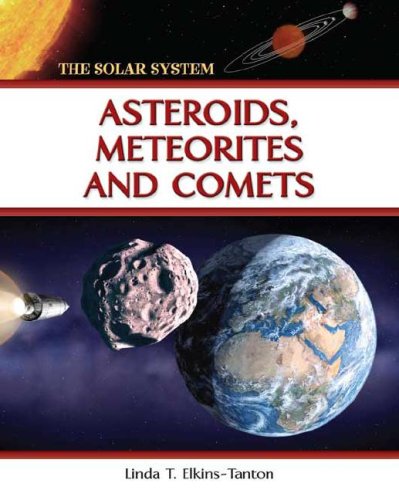
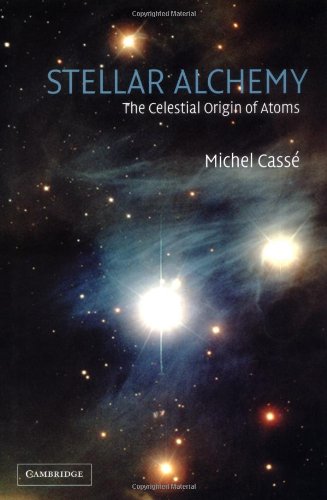
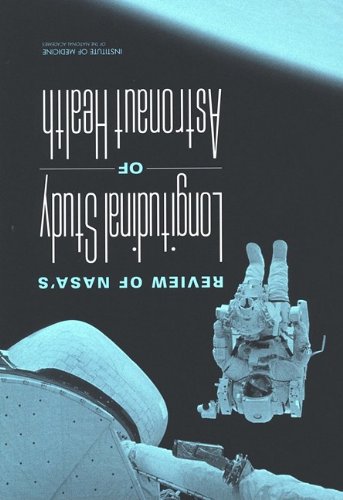

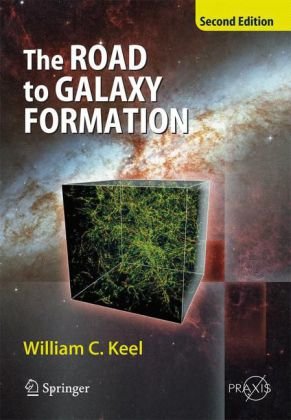
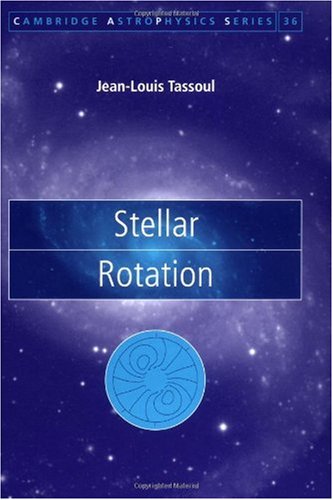
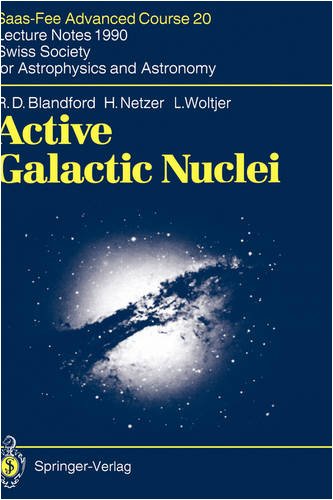
Reviews
There are no reviews yet.